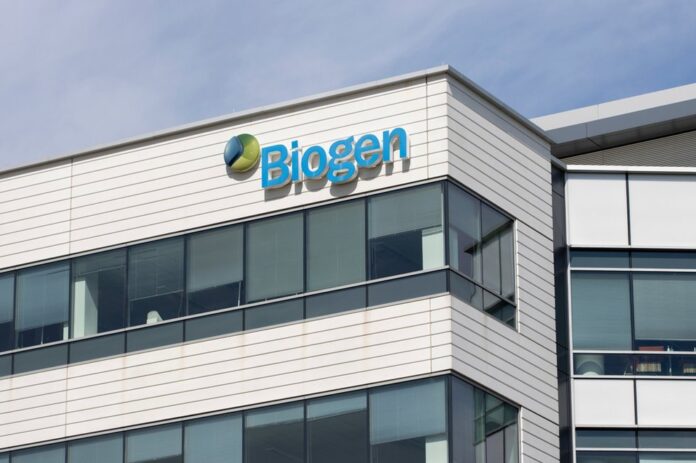Biogen Inc. has filed a lawsuit against its former partner, Neurimmune Holding AG, over the rights to a novel therapeutic technology. The legal action, filed in the U.S. District Court for the District of Massachusetts, follows claims made by Neurimmune that it holds rights to a Biogen-developed therapeutic under a previous agreement.
The dispute centers on an unrelated therapeutic that Biogen shared with Neurimmune in 2024 under a confidentiality agreement. Biogen asserts that the technology was developed independently and without Neurimmune’s involvement. However, Neurimmune has reportedly claimed that the therapeutic falls under a 2007 collaboration agreement, which was originally formed to support the development of Biogen’s Alzheimer’s drug, aducanumab.
Despite the termination of the 2007 agreement in 2023, and Biogen’s decision to discontinue the aducanumab drug in 2024, Neurimmune is now seeking to assert rights over the new therapeutic, according to Biogen’s complaint. The new drug technology aims to tackle the challenging issue of crossing the blood-brain barrier to treat neurological conditions, including Alzheimer’s disease.
Biogen clarified that the therapeutic was engineered using technologies licensed through an agreement with Adimab LLC, a biotechnology company. The lawsuit also highlights that Neurimmune, through Boston-based Chestnut Partners, has contacted Biogen to assert that the 2007 agreement provides them rights to the therapeutic. Neurimmune’s general counsel has also issued a formal claim, stating that Biogen would require a license from Neurimmune to proceed with the therapeutic’s development and commercialization.
Biogen is seeking a court order to declare that the 2007 agreement does not grant Neurimmune rights to the therapeutic or the related drug delivery platform. Furthermore, Biogen is requesting an injunction to prevent Neurimmune from taking any actions that would conflict with this declaration.
“Neurimmune’s claims that it has rights to the Biogen Therapeutic, or Biogen’s proprietary technology, are both legally and factually incorrect,” stated Biogen in its complaint. “These claims threaten Biogen’s continued investment and development of its proprietary technologies for the benefit of patients suffering from Alzheimer’s disease.”
Biogen’s legal representation is being provided by Paul Hastings LLP, including attorneys Ryan Meuth, Preston K. Ratliff II, and others. At this time, counsel for Neurimmune has not been made available for comment.
The case is titled Biogen Inc. et al. v. Neurimmune Holding AG et al., case number 1:25-cv-11347.



